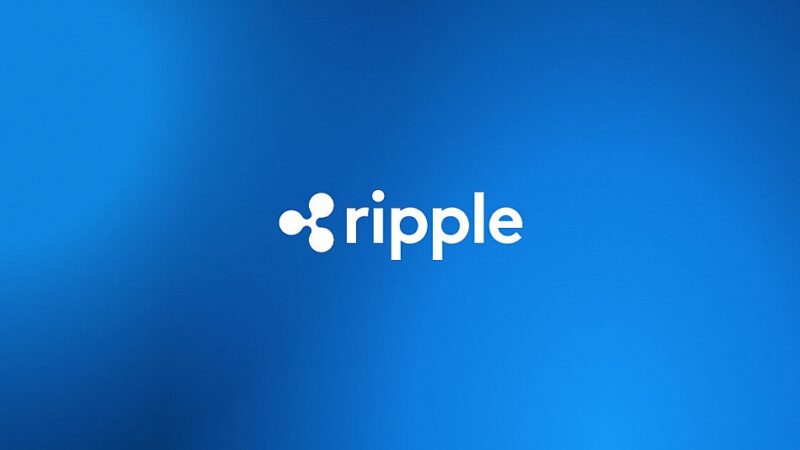Gamestop, Hyperliquid, Ethereum Pectra, regulatory initiatives

Ed Prinz is the board of DLT AustriaCo-founder of moonlytics.aiCo -founder from Web3 Hub Viennaand co-founder of DLT Germany and DLT Switzerland. With years of experience in research and analysis of tokens, protocols and markets as well as in portfolio management, he brings well-founded knowledge in the areas of blockchain technology and EVM. He has been advising blockchain startups and companies since 2017 and is active in the development of innovative web3 solutions. In the guest contribution, he analyzes the current developments in the crypto sector.
Gamestops strategic realignment through Bitcoin investments
Gamestop Corp., an American retail company for video games and electronics, has decided to integrate Bitcoin into his corporate strategy. In order to finance this measure, the company plans to issue changeable priority bonds with a total value of $ 1.3 billion. The proceeds are to be used in parts for the purchase of Bitcoin.
Although Gamestop has liquid funds of around $ 4.775 billion, the stock market reacted skeptically to the announcement-the share lost about 23% within one day. The reason for the reluctance is the conditions of bonds and the uncertainty about the actual investment volume in Bitcoin. It is conceivable that Gamestop would like to move into the circle of the largest institutional Bitcoin investors, although a clear classification will only be possible after the first steps.
Safety incidents in the decentralized exchange hyperliquid
The decentralized trading platform Hyperliquid was shaken by a safety incident, in which a attacker opened a short position over around 430 million token of the Jelly Memecin. In a short time, he manipulated the market in such a way that the token price rose by 560%. The aim was apparently to take advantage of a weak point in the liquidation mechanism of the platform and thereby extract funds.
The platform reacted with a drastic step: the Jelly market was removed, affected users were compensated-with the exception of addresses in which fraudulent behavior is suspected. The attack led to a loss of around one million US dollars for the alleged attacker. The incident shows how complex and at the same time susceptible decentralized trade infrastructures can be for targeted manipulations.
Criticism of hyperliquid and questions about decentralization
Hyperliquid was sharply criticized after the incident. In particular, the question of whether the platform is actually decentralized was loud. The removal of an entire trading market, which is quick and not coordinated by community participation, indicates central decision-making structures.
This procedure is reminiscent of the problems of earlier platforms, in which poor transparency and control led to loss of trust. The accusation is in the room that hyperliquid is a centrally guided stock exchange without know-your-customer (KYC) and anti-money laundering (AML)-a potential risk factor for users who rely on real decentralization. The platform will now be forced to make structural improvements, especially in the liquidation system.
Ethereum is preparing for the pectra upgrade
Ethereum is currently preparing a technical upgrade with the name “Pectra”, which is intended to improve the scalability and efficiency of blockchain. The upgrade is currently in the last test network called “Holli”. If the test is stable, the implementation in the main network is planned by the end of April 2025. If there are any problems, the upgrade could be delayed until May.
Like all earlier Ethereum upgrades, PECTRA goes through several test phases before it is adopted into the productive environment. The transition to the main network is the last hurdle. With the successful conclusion, Ethereum will continue to consolidate its technical infrastructure and make it more sustainable-especially with regard to increasing transaction volume and more complex defect applications.
US crypto companies call for adaptations of legislation
Several crypto companies in the United States are currently actively calling for a change in the applicable financial law. The focus of the discussion is a law that prohibits the operation of financial services without a state license. Among other things, this law was applied against the developers of Tornado Cash, although it only provided open source software.
With the support of over 30 companies, including large trading platforms, the so-called Defi Education Fund has collected signatures in order to apply for a revision of this law from the US Ministry of Justice. The aim is to create a clear separation between software developers and criminal users. The initiative receives broad support from the industry, which demands more innovation -friendly regulation. The chances of a law adjustment are currently good, especially in view of the increasing political openness to digital technologies.
outlook
The current events show how dynamic and at the same time challenging the crypto market presents itself in spring 2025. While companies like Gamestop begin to actively integrate crypto-assets into their strategies, it becomes visible at the same time how sensitive the infrastructure of decentralized platforms is. Regulatory questions come into focus, especially in the USA, where the course could set the course for the future of the Web3 ecosystem.
Whether crypto-assets continue to establish themselves as stable value residues, investment objects or a technical basis for decentralized applications depends crucially on how safe, transparent and regulated the environment is designed. The coming months could be trend -setting for whether the trust of companies, governments and users can be consolidated alike.
Disclaimer: This is my personal opinion and not financial advice. For this reason, I cannot guarantee the correctness of the information in this article. If you are unsure, you should contact a qualified consultant who you trust. In this article there are no guarantees or promises regarding profits. All statements in this and other articles correspond to my personal opinion.





